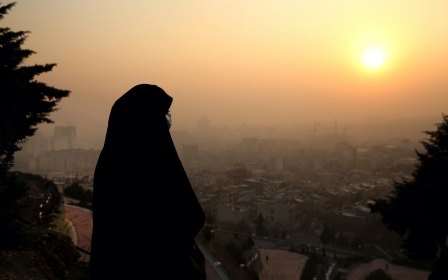New Covid variant: Israel detects case of strain first discovered in South Africa

Israel has detected a case of the new Covid-19 variant first found in South Africa reported to have more mutations than existing variants, its health ministry said on Friday.
"The variant discovered in southern African states has been identified in Israel," the ministry said, adding it was recorded "in a person who returned from Malawi".
'We are close to an emergency situation... we must act strongly and quickly'
- Naftali Bennett, Israeli Prime Minister
The ministry said that two more suspected cases were detected in "people returning from abroad", and that they had both been placed in quarantine.
On Thursday, South African scientists said they had detected the new B.1.1.529 variant and said it had at least 10 mutations, compared to two for Delta and three for Beta variants.
Following the discovery of the variant, Israel placed Botswana, Eswatini, Lesotho, Mozambique, Namibia, South Africa and Zimbabwe on its red list.
New MEE newsletter: Jerusalem Dispatch
Sign up to get the latest insights and analysis on Israel-Palestine, alongside Turkey Unpacked and other MEE newsletters
Israeli Prime Minister Naftali Bennett called a meeting on Friday with public health officials to discuss the Covid-19 situation.
"We are close to an emergency situation... we must act strongly and quickly," Bennett said in a statement from his office. "When we have a clearer picture of the situation, we will take decisions accordingly."
Israel was one of the first countries in the world to launch a vaccine campaign to inoculate its whole population after striking a deal with Pfizer for millions of vaccines in exchange for data on the vaccine's efficacy.
Middle East Eye delivers independent and unrivalled coverage and analysis of the Middle East, North Africa and beyond. To learn more about republishing this content and the associated fees, please fill out this form. More about MEE can be found here.




